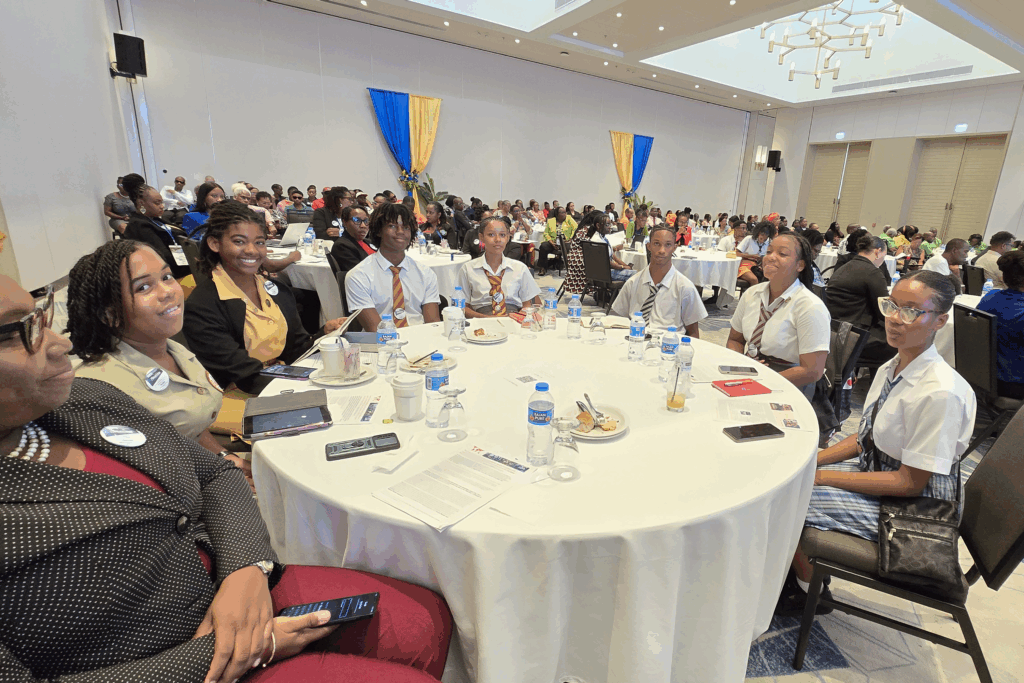Barbados is taking significant strides to create a more inclusive education and training system, with government officials vowing to dismantle barriers that hinder access for persons with disabilities. At the Caribbean Disability Conference, held from October 17 to 22 at the Wyndham Grand Barbados, Permanent Secretary Patrick McCaskie of the Ministry of Training and Tertiary Education emphasized that inclusive education is a fundamental human right and a global public good. He underscored the importance of ensuring equal opportunities for all individuals, regardless of their abilities, to contribute to national development. McCaskie highlighted key initiatives such as the National Policy for Improving the Lives of Persons with Disabilities (2023–2030) and the Rights of Persons with Disabilities Act, 2025, which aim to guarantee equal access to education, employment, and public participation. Educational institutions like the Barbados Community College (BCC) are implementing tailored learning plans, assistive technologies, and peer tutoring to support students with disabilities. Additionally, the National Transformation Initiative (NTI) has enhanced its online platform to accommodate learners with dyslexia, autism, and other learning differences. Through a partnership with Coursera, over 100 international courses now focus on disability inclusion and accessibility design. With support from the Latin American Development Bank (CAF), Barbados is also upgrading infrastructure at key institutions, including the Samuel Jackman Prescod Institute of Technology (SJPI) and the Erdiston Teachers’ Training College, to improve accessibility. Shakir Daisley, second vice-president of the National Student Council, stressed the role of students in advocating for inclusion, noting ongoing challenges such as inadequate facilities and limited teacher training. Mark Franklin, Permanent Secretary in the Ministry of People Empowerment and Elder Affairs, called for actionable strategies to address systemic barriers, emphasizing the need for disability-friendly vehicles, better data collection, and inclusive classroom designs. Franklin urged collective action to build a Caribbean where inclusive education is a lived reality for all.
